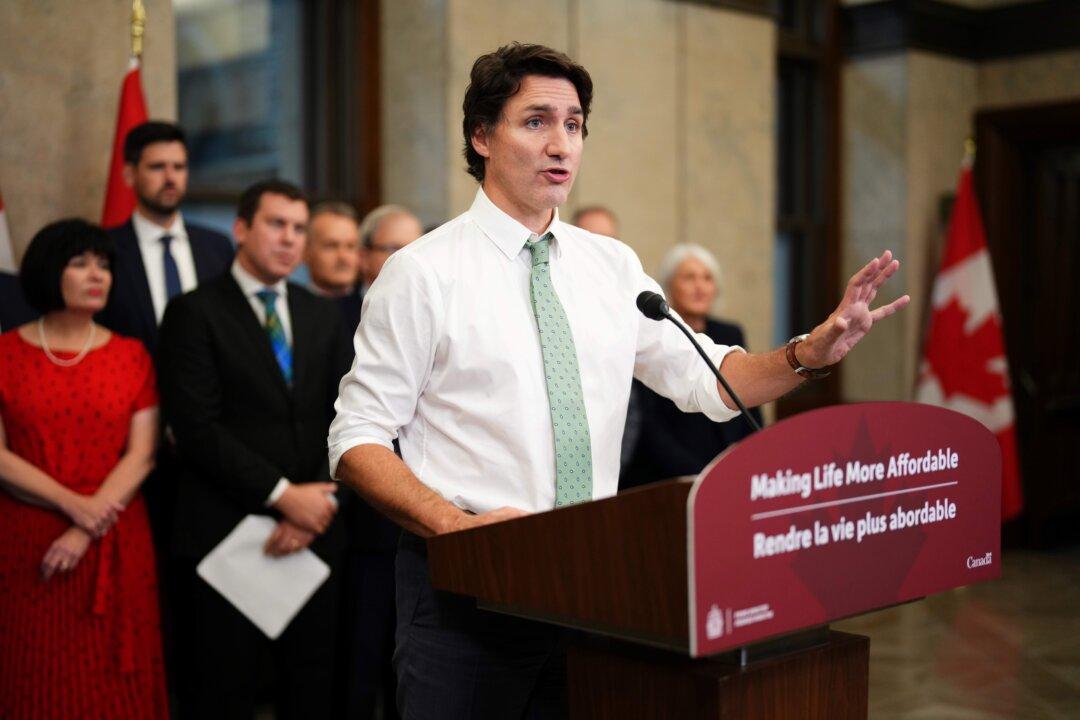Commentary
The federal carbon tax is a “dead man walking.” The much-loathed tax has never had more public and political opposition than it does now. But don’t expect Prime Minister Justin Trudeau to ever abandon what’s become his defining policy.

The federal carbon tax is a “dead man walking.” The much-loathed tax has never had more public and political opposition than it does now. But don’t expect Prime Minister Justin Trudeau to ever abandon what’s become his defining policy.